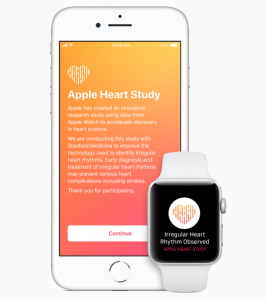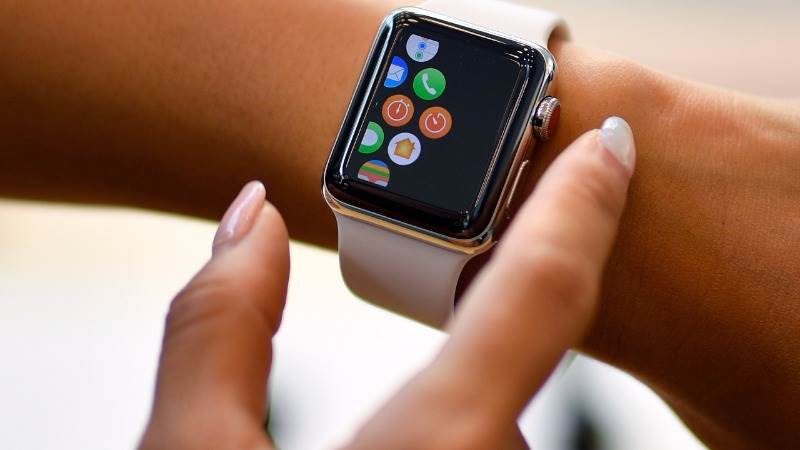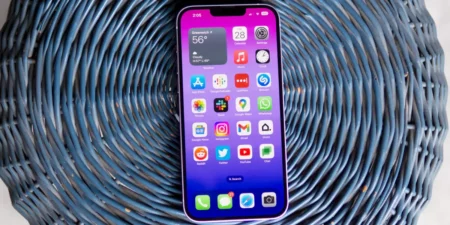If you’re the owner of an Apple Watch, no matter the model, it will now be able to tell you if you have an irregular heart rhythm. How? Apple launched its Heart Study app on Thursday. This app uses Apple Watch’s heart rate sensor to collect data on your heart rhythm and notify you if you might be experiencing AFib, or atrial fibrillation.
This is an incredible step forward to helping you manage your health. This new introduction by Apple could potentially prove to be important for detecting a condition that doesn’t always show symptoms. In the US, according to the Center for Disease Control and Prevention, approximately 750,000 hospitalizations and 130,000 yearly deaths are result of AFib.

Apple Watch’s sensors will calculate heart rate and rhythm using green LED lights that flash hundreds of times per second while you’re wearing it. Light-sensitive photodiodes detect how much blood is flowing through the wrist. The sensor is then able to collect signals from four points on the wrist. By combining that data gathering with software algorithms, Apple Watch can isolate heart rhythms from other “noise.” This is where Apple’s Heart Study app comes in. It will help you identify an irregular heart rhythm.
If the Heart Study app picks up irregular rhythm, it will let you know on the Apple Watch and your iPhone. You will also get a free consultation with one of the study’s doctors and an ECG patch so they can further be monitored.
To conduct this research, Apple is partnering with Sanford Medicine. “Working alongside the medical community, not only can we inform people of certain health conditions, we also hope to advance discoveries in heart science,” said Jeff Williams, Apple’s COO, in a statement. Previously, you could app products to work with your Apple Watch, such as FDA-approved Kardia Band to provide you with EKG readings and also possibly help detect AFib. The Watch is now able to do the detection on its own.





